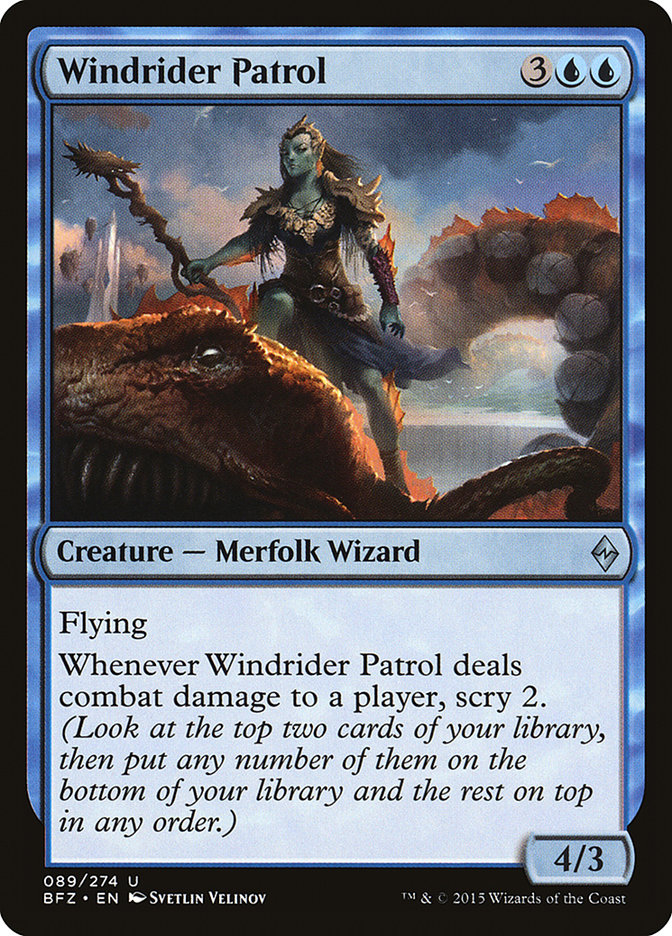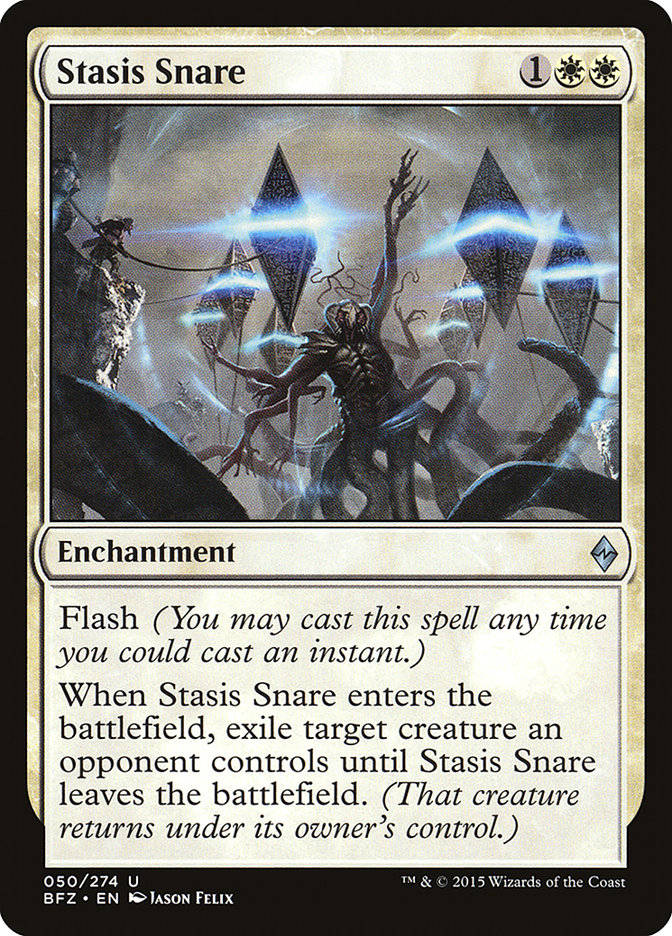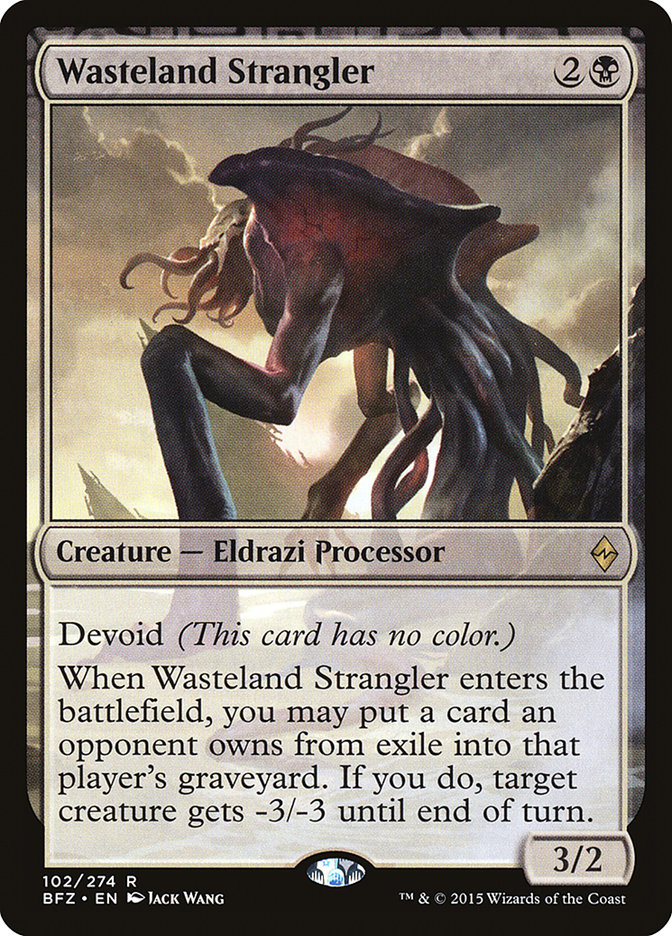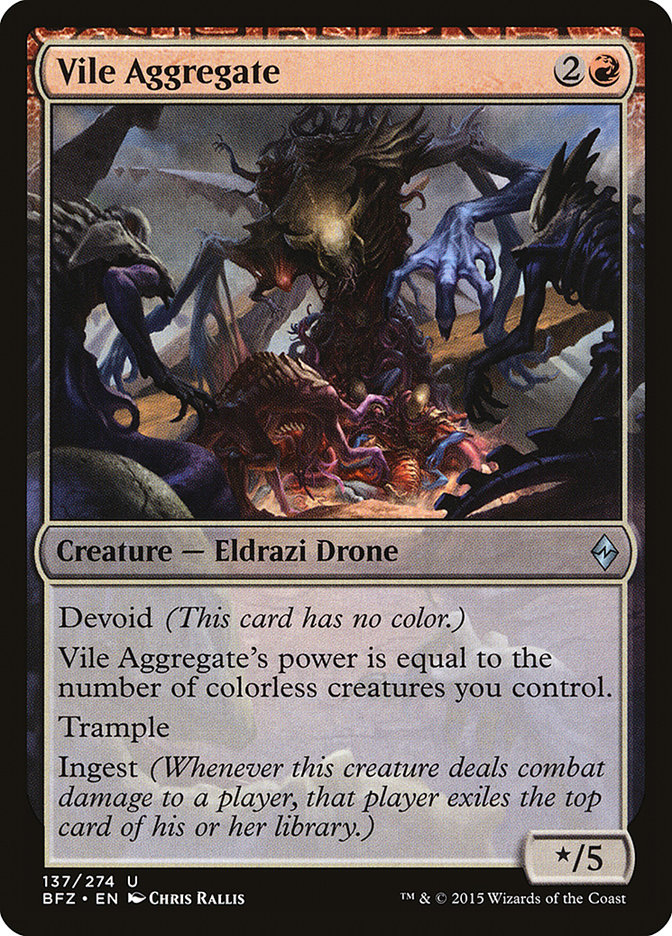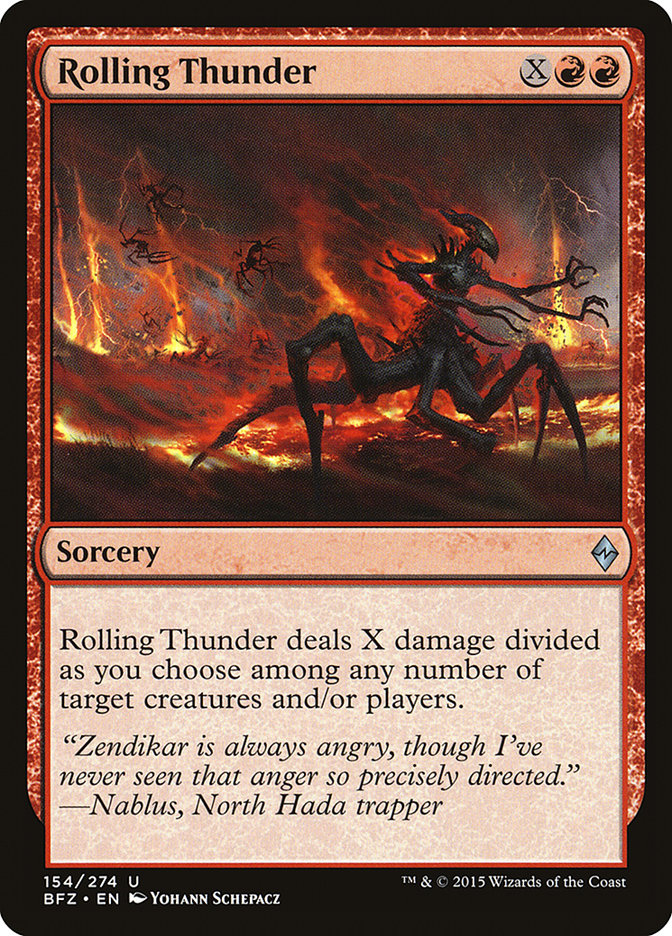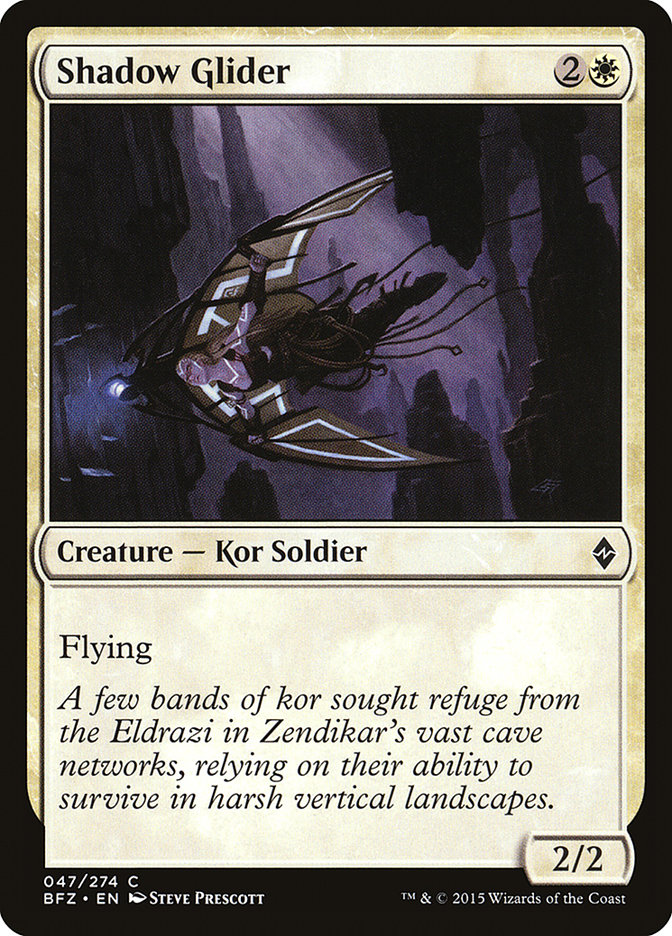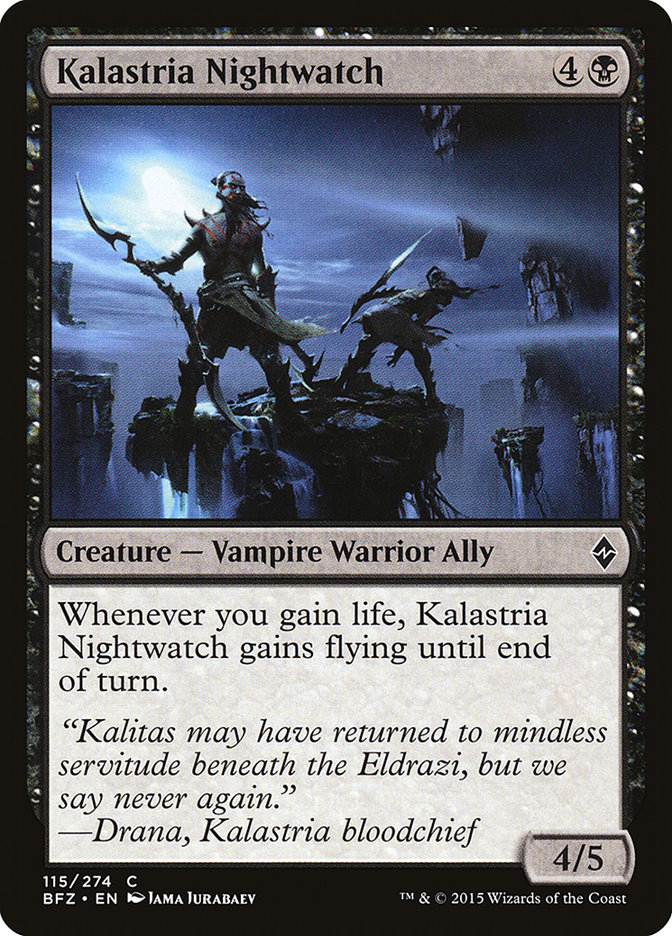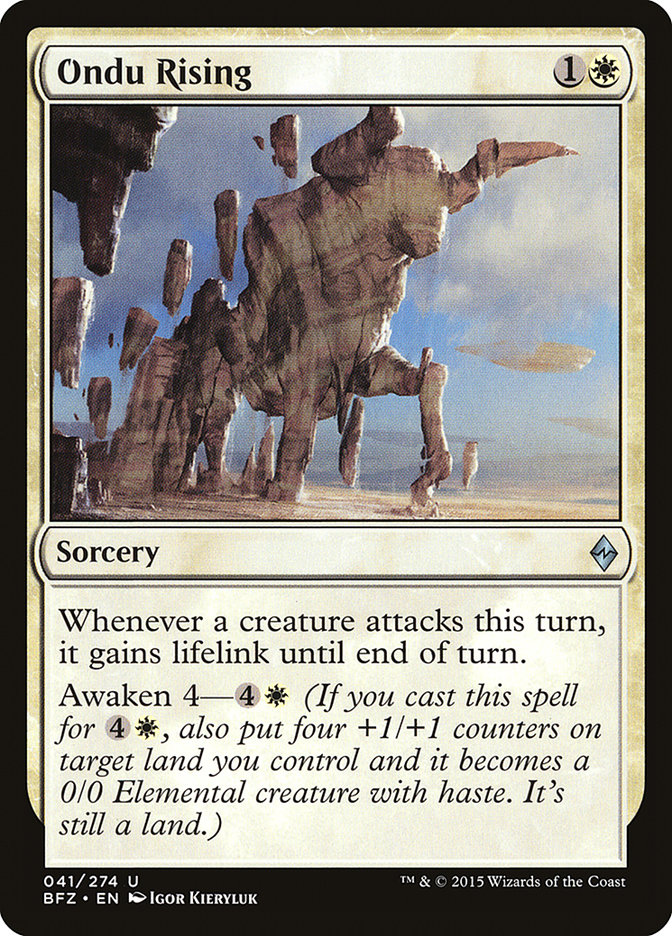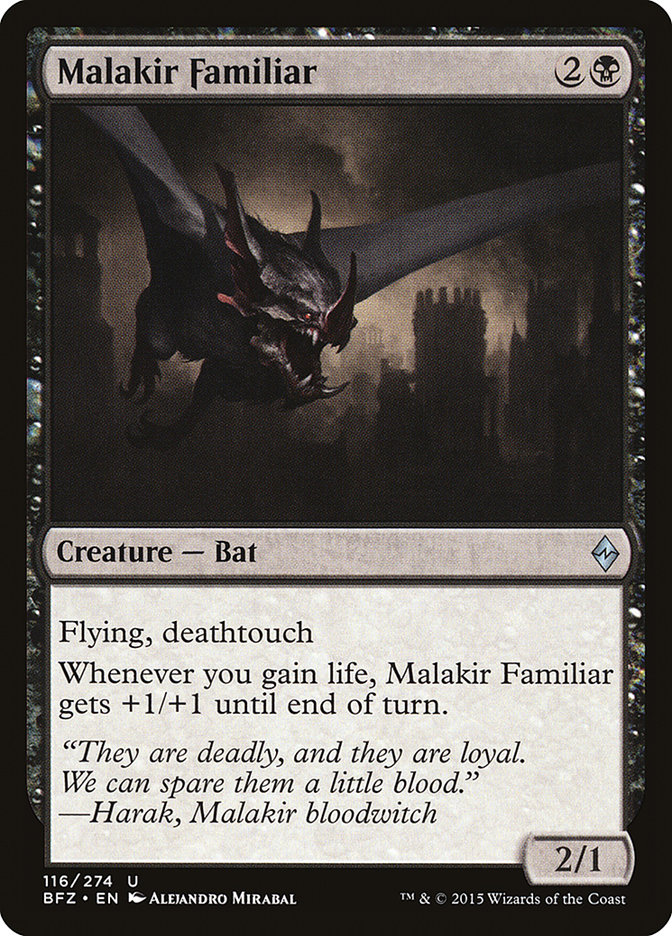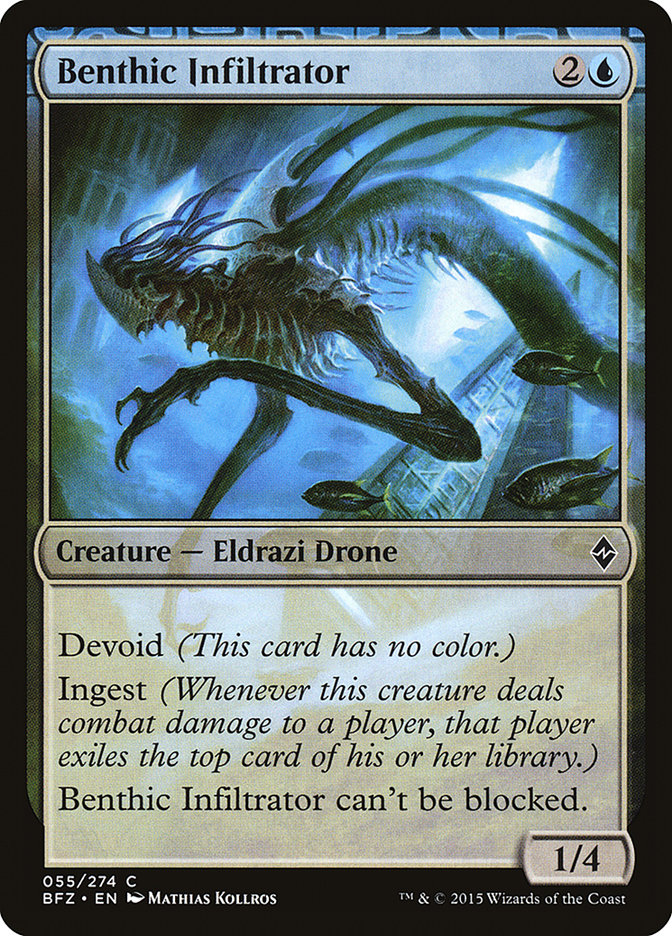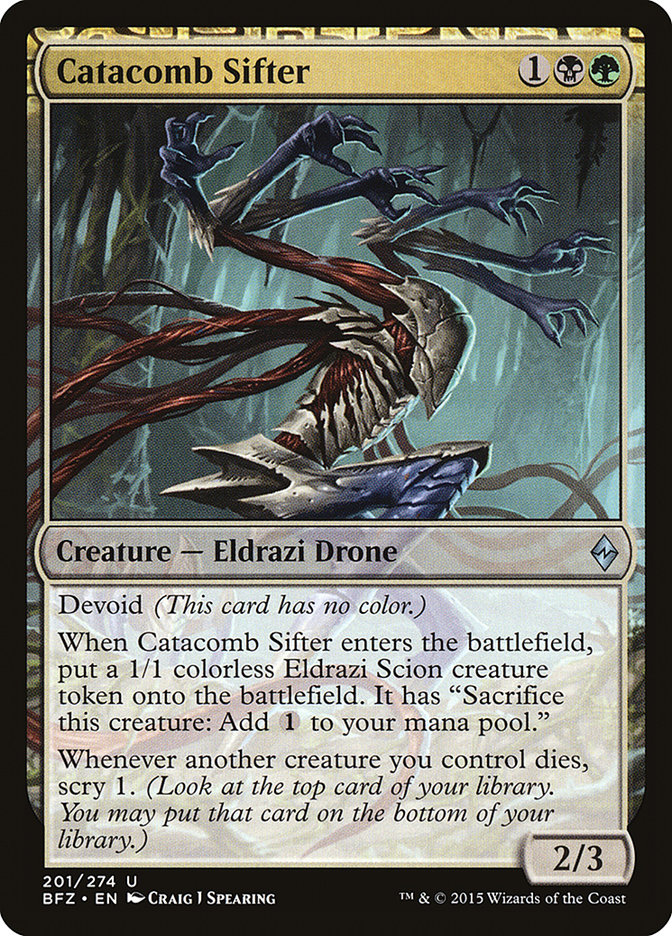Hello friends, and welcome to another installment of Ask a Judge!
Last weekend was Pro Tour Battle for Zendikar, where over 350 players fought for the title of Pro Tour Champion. I had a front-row seat to all the action:
I was there as a judge! The event was a ton of fun, and I really enjoyed being part of such a great crew of judges and staff.
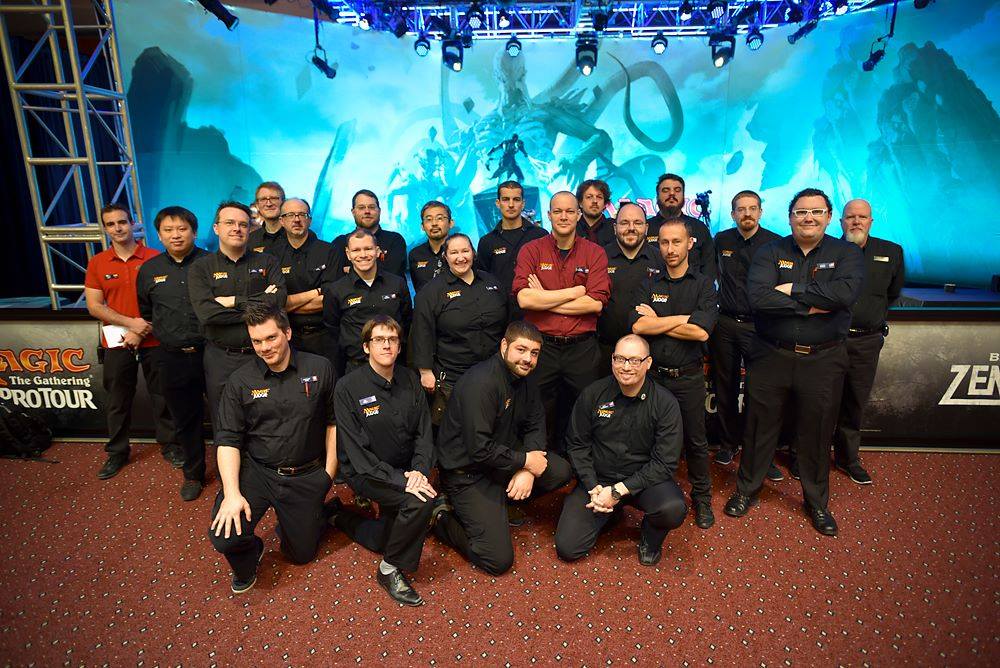
When people think about what judges do, I think “answering rules questions” is one of the first things that comes to mind. But, as it turns out, players on
the Pro Tour have a pretty good knowledge of how cards in Standard and Limited work. So I answered relatively few rules questions; in fact, the question I
was asked most often was probably, “Can I have some Eldrazi Scion tokens?”
That being said, a couple interesting questions did come up, especially in Battle for Zendikar Draft. To help me answer them, I asked someone who has
experience from both sides of the tournament table: Sky Mason!
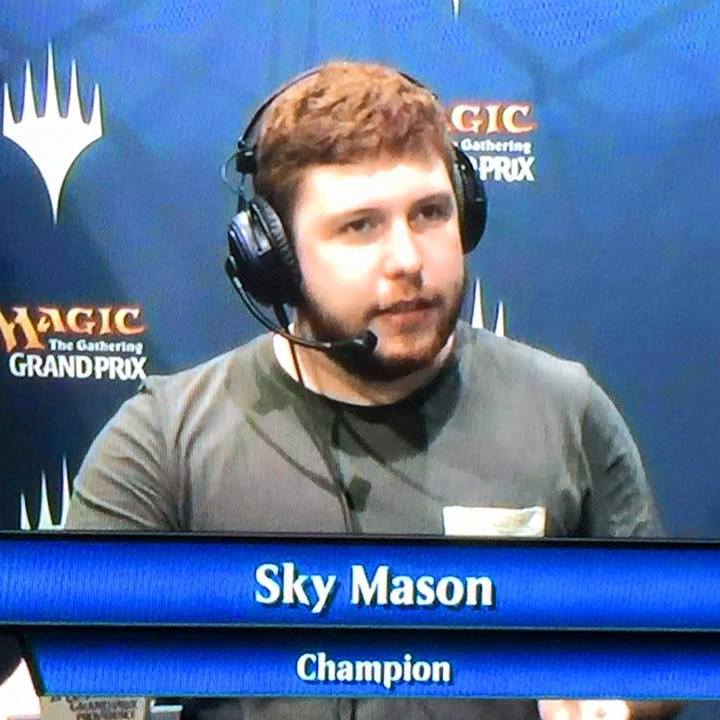
In the Magic world, Sky is probably best known for winning Grand Prix Providence back in June. However, he’s also a Level 2 judge! He became a judge in
August 2013 and advanced to L2 about a year later. When he’s not busy playing or judging, he’s a student at University of Massachusetts Amherst, where he
studies Communication.
Pro Tour Battle for Zendikar was Sky’s first Pro Tour, and he has a lot to say about that experience. But before that, let’s get to the questions! First,
Sky and I will answer some rules questions that show up frequently in Battle for Zendikar Limited, then we’ll dive into a couple scenarios about tournament
policy. Finally, I’ll wrap up by interviewing Sky about his Pro Tour experience, judging, and more.
Roiling Rules
I’ve exiled my opponent’s Windrider Patrol with my Stasis Snare. Can I process the Patrol with my Wasteland Strangler? What happens if my opponent
destroys my Stasis Snare after I do this?
(Sky)
You absolutely can process the Windrider Patrol as it is in exile, and cards like Wasteland Strangler do not care about how it got there! If your opponent
destroys Stasis Snare after the Windrider Patrol has been processed, Windrider Patrol will not go back to the battlefield. The Stasis Snare sees the
Windrider Patrol in the graveyard as a new object since it has changed zones from exile to the graveyard. This makes the Stasis Snare “forget” what it had
exiled.
How does Vile Aggregate work with Titan’s Presence?
(Bearz)
Pretty well! The ability that determines Vile Aggregate’s power works in every zone, even your hand. The Aggregate won’t count itself when it’s in your
hand, of course, but it will count whatever other colorless creatures you happen to control at the time. Moreover, Vile Aggregate’s power will constantly
update as the number of colorless creatures you control changes.
This can lead to some blow-out situations where Vile Aggregate’s power changes before Titan’s Presence resolves. For example, suppose I control three
colorless creatures. You control a 3/3 Akoum Firebird that I’d really like to exile, so I cast Titan’s Presence and reveal my Vile Aggregate. In response,
you destroy one of my colorless creatures. Then Titan’s Presence resolves. We check Vile Aggregate’s power and discover that it’s only two — not enough to
exile your phoenix at all!
When do I choose how to divide the damage from a spell like Rolling Thunder?
(Bearz)
First, pat yourself on the pack for drafting Rolling Thunder or opening it in your Sealed pool.
Second, consider what you already know about casting spells. When a spell uses the word “target,” that means you have to select the target as you’re
casting the spell, and your opponent will know what the targets are before they respond. In the same way, if a spell instructs you to divide something “as
you choose,” you also assign that damage as you’re casting the spell.
This means your opponent knows in advance how much damage Rolling Thunder will deal to which of their creatures (and/or their face). Even if your opponent
responds somehow, those damage assignments are locked in and can’t change. But that’s probably still okay for you…after all, you just cast Rolling
Thunder!
My opponent attacks me with a Shadow Glider. At what point do I need to gain life to block with my Kalastria Nightwatch?
(Sky)
Kalastria Nightwatch has to trigger before blockers are declared in order to block a flyer. This is because the combat phase actually has multiple steps.
One of these steps is the Declare Blockers step, and the first thing that happens in the Declare Blockers step is…you declare blockers. So, Kalastria
Nightwatch must have triggered by the end of the Declare Attackers step in order to block a flier.
Concrete example: If you control a Stone Haven Medic and a Kalastria Nightwatch, it’s not possible to block with your Medic, tap it to gain life, then have
Kalastria Nightwatch block a flyer. You have to declare all your blocks at once, and tapped creatures can’t block.
I cast Ondu Rising and attack with a Malakir Familiar and a 3/3 land. Does Malakir Familiar deal three damage?
(Sky)
Cards like Malakir Familiar and Nirkana Assassin trigger when you gain life. When a creature that has lifelink deals damage, what really happens is that
“deals damage” becomes “deals damage and gains that much life.” This means you don’t gain any life until damage is actually dealt. Since all creatures in
combat (barring first strike) deal damage at the same time, Malakir Familiar’s ability won’t trigger until after damage has already been dealt. So it will
only deal two damage in combat.
Tricky Triggers
My opponent attacks me with a Benthic Infiltrator. Am I responsible for exiling the top card of my library?
(Sky)
Nope, you are not responsible for your opponent’s triggers. It is fully on them to remember to tell you to ingest, or make an indication that you should
exile the top card of your library. However, if your opponent tells you to ingest and you forget, then it becomes an issue for both of you. Your opponent
is responsible to make sure you resolve the trigger properly, and you are responsible for actually moving the card from one zone to another.
I control Catacomb Sifter. I cast Bone Splinters (sacrificing a Scion token), targeting my opponent’s Nettle Drone. My opponent activates Nettle Drone,
then goes to put it in their graveyard. Have I missed my opportunity to scry?
(Bearz)
Not yet, but you’re close.
This scenario omits some important details that could change the ruling, but here’s the general idea: When your opponent starts to move Nettle Drone to the
graveyard, they’re indicating their willingness to pass priority and resolve Bone Splinters. Catacomb Sifter’s trigger has to resolve before Bone Splinters
does, so you need to point out your scry trigger at this point.
If you want to be sure to get your trigger, you should be explicit that Catacomb Sifter has triggered when you cast Bone Splinters, and ask your opponent
whether they want to do anything in response to the scry trigger.
Questions for Sky
What was attending the Pro Tour like?
The Pro Tour is similar to other big tournaments, but the atmosphere is completely different. It is like walking into a baseball stadium just before a big
game, lots of excitement, electricity, and nerves. The people who helped organize the event — including judges, staff, and even the vendors at the venue
— all worked very hard to put on a wonderfully run event that truly has the air of importance one might expect at an event like the Pro Tour. It was a
wonderful experience that I hope to be able to repeat in the months to come, and it lived up to all of the hype and expectations I had for it.
What deck did you play?
I played Esper Planeswalkers focusing on the power of Jace, Vryn’s Prodigy, Narset Transcendent, Gideon, Ally of Zendikar, Ob Nixilis Reignited, removal,
and countermagic.
How did you do at the Pro Tour?
I went 10-6 overall with a split record of 5-1 in Limited and 5-5 in Constructed. Day One, I went 2-1 in my draft pod with W/B Lifegain, losing to R/B
Devoid round one. In Constructed, I played against a lot of aggressive decks and beat the two control decks I played to go 2-3 and finish the day 4-4,
making the cut for Day Two.
For my second draft I went B/G Ramp/Sacrifice getting two Catacomb Sifters, a Brood Butcher, and a Void Winnower as my main win conditions. I went 3-0 over
two not very impressive decks and a very good Molten Nursery all devoid aggro deck. I won my first two rounds of Standard against Atarka Red before losing
to Seth Manfield and Lucas Siow on R/G Landfall and Abzan Blue respectively. Those two losses knocked me out of contention to qualify for Pro Tour Oath of
the Gatewatch (by getting an 11-5 record). However, I was able to win my last round against Jesse Hampton on Jeskai to finish 6-2 on Day Two for 65th
overall.
How do you balance playing Magic and judging Magic?
Finding a balance is very difficult, and as of late, I have been playing much more than judging. My local area (Amherst) has tons of judges, many who would
benefit from the experience of FNM judging more so than I would. I have tried taking a more managerial role for my local store so that other judges can
gain experience head judging while I get to play.
Hopefully moving forward, I can find some more time to judge events while also getting to play, since both sides of the equation are incredibly fun.
Which is harder: playing or judging?
I find that each has different aspects that are difficult. For judging, independently taking the lead and trying to develop yourself in a culture of
self-improvement can be overwhelming. I find mentoring to be a weakness of mine as a judge, and trying to help others improve rather than focusing on my
own growth is something that I find challenging.
As a player, I do not find Magic inherently hard, but the time commitment and the personal expectations to do well are difficult to deal with. At the end
of the day, Magic is a game and the fun of playing will always outweigh the challenges, so I think I would go with judging being harder. But both are more
fun than hard!
Did you see any interesting decks at the Pro Tour?
I played against Grand Prix Copenhagen winner Przemek Knocinski’s Jund Elves aggro deck that played all one- and two-drop Elves and Atarka’s Command. The
deck apparently preyed on Esper strategies and he ran me over. It was certainly the strangest deck I saw or played against, and it killed me quickly.
What are your plans for the next few months?
I’m driving up to Grand Prix Quebec City this weekend to try and play some more Standard and hopefully put up a much better record than I did this past
weekend. After that I have Grand Prix Pittsburgh on the horizon and then trying to find a way back to the Pro Tour.
Edge of the Horizon
Thanks, Sky! It’s always great to hear from someone who has had success both playing and judging Magic.
If you have any questions about Magic, send me an email at ask.a.judge@gmail.com! I’ll respond right away, and
your question might even be featured in a future article!

